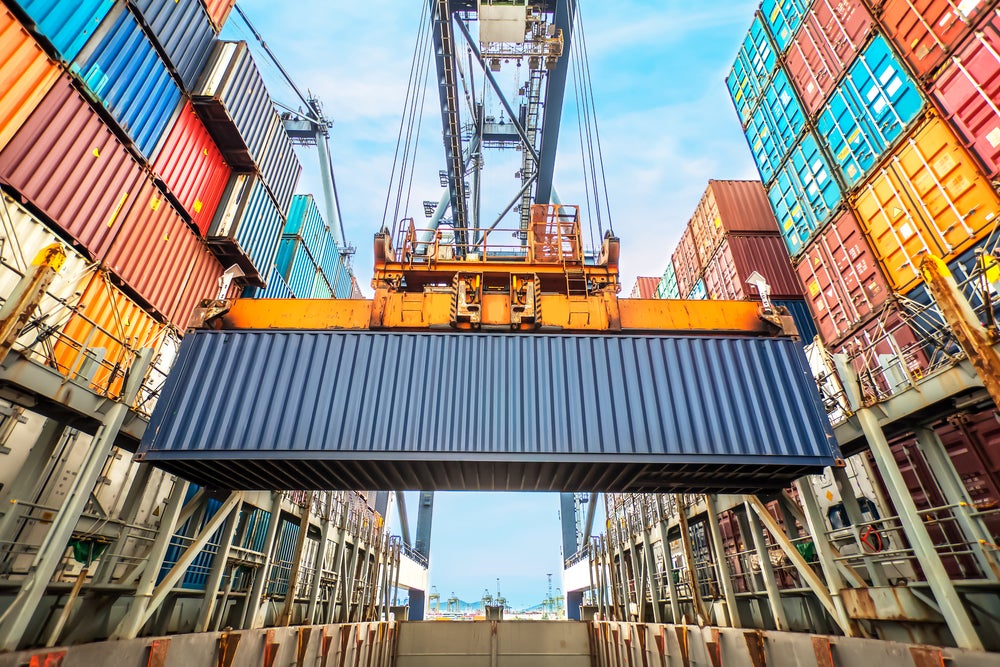
Addressing the challenges posed by fragile supply chains and the growing dominance of a single economy, Tai says the Biden-Harris Administration’s new strategy is focused on raising standards, driving sustainability, and prioritising the needs of US workers and producers.
One of the key goals of the new trade approach is to promote vertical integration and empower developing countries to break free from exploitative cycles.
Tai’s speech suggests there have been detrimental consequences to previous trade policies centred around short-term efficiency and cost-cutting.
She says these policies inadvertently encouraged a “race to the bottom,” where countries competed by lowering standards to attract business, leading to a concentration of production in a single economy, notably China.
This consolidation and reliance on vulnerable supply chains were starkly exposed during recent crises, showing the urgent need for resilient supply chains to ensure national and economic security.
The US administration’s response to these challenges involves “a fundamental shift…” in trade incentives.
How well do you really know your competitors?
Access the most comprehensive Company Profiles on the market, powered by GlobalData. Save hours of research. Gain competitive edge.

Thank you!
Your download email will arrive shortly
Not ready to buy yet? Download a free sample
We are confident about the unique quality of our Company Profiles. However, we want you to make the most beneficial decision for your business, so we offer a free sample that you can download by submitting the below form
By GlobalDataShe points out that traditionally trade policy aimed to benefit consumers and large corporations, assumed that the benefits would eventually “trickle down” to workers.
However, Tai acknowledged the inadequacy of this approach and mentioned the significance of recognising individuals as both consumers and producers.
Moving forward the administration will focus on policies that “recognise people as more than just consumers, but also producers — the workers, wage-earners, providers, and community members that comprise a vibrant middle class,” she says.
Tai also explains the administration’s focus has shifted towards “raising standards, building resiliency, driving sustainability and fostering more inclusive prosperity at home and abroad.”
The Biden-Harris Administration is pioneering new trade agreements with partners in the Indo-Pacific region and Latin America. These agreements are designed to remove non-tariff barriers, thereby facilitating access to foreign markets for US workers and producers. Furthermore, the administration aims to create additional supply chains that reduce dependence on single sources for critical goods, thereby mitigating risks associated with overreliance.
“By flipping race-to-the-bottom dynamics on their head to create a race to the top, we are working toward a world with a more diverse set of economies… a world where democracies and open markets can flourish and drive standards that improve over time.”







